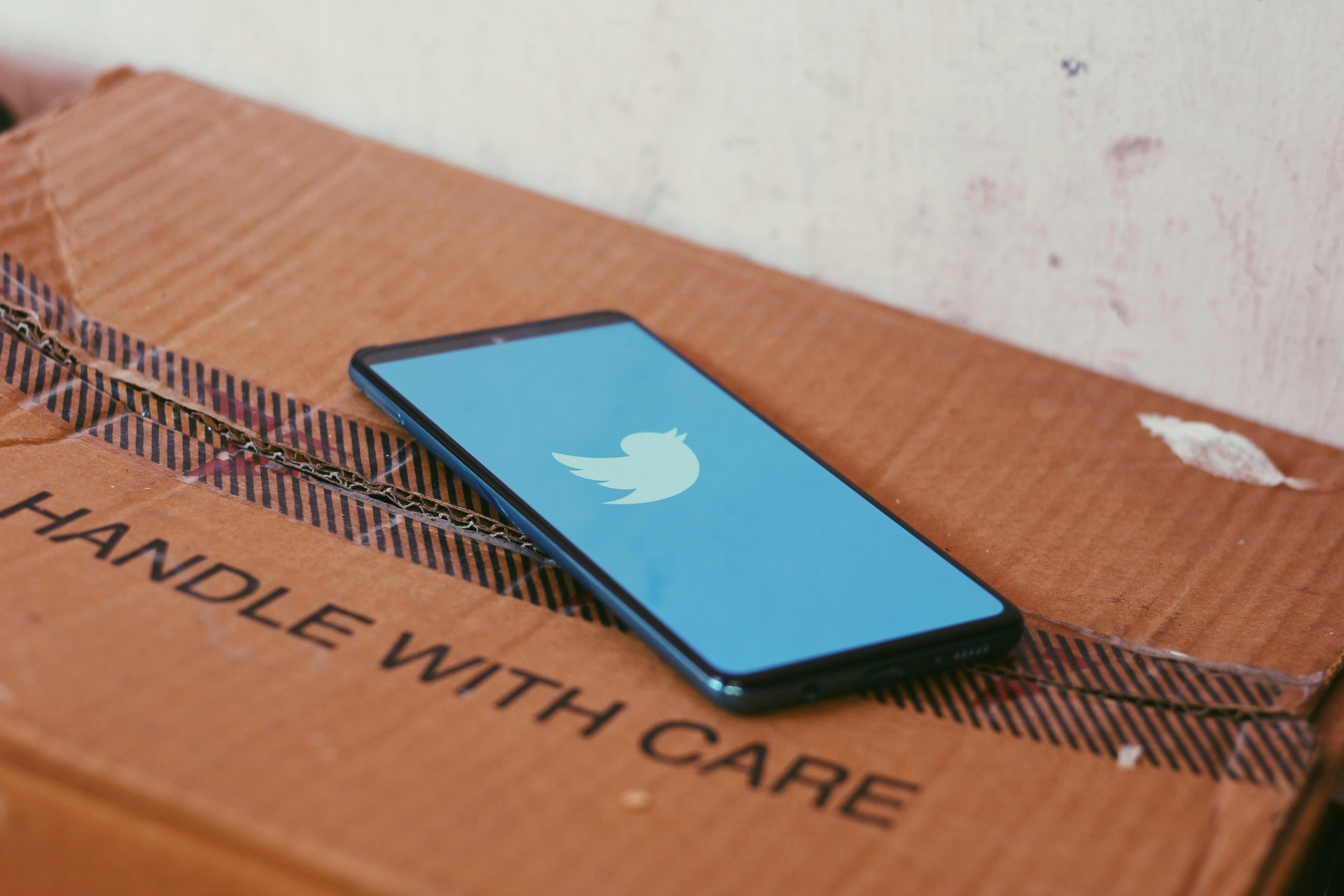In the digital age, where the glow of screens often illuminates our daily lives more than the sun itself, social media stands as a towering presence. It is the modern agora—a bustling marketplace of ideas, images, and interactions that transcend geographical boundaries. Yet, as we scroll through curated snapshots and engage in endless streams of content, a pressing question lingers in the background: is this virtual engagement enhancing our well-being, or is it quietly eroding it? This article delves into the multifaceted world of social media, exploring its potential impacts on our mental and emotional health. Without casting judgment, we navigate the intricate web of connections and consequences, seeking to understand whether our digital companions are friends or foes in the quest for a balanced life.
Impact of Social Media on Mental Health and Emotional Stability
The pervasive influence of social media on mental health has sparked a myriad of discussions, with many questioning its role in shaping emotional stability. While platforms offer a sense of community and connection, they also introduce elements that may negatively impact psychological well-being. Social comparison, cyberbullying, and addiction are some of the factors that can contribute to anxiety and depression.
- Social Comparison: Users often compare their lives to curated snapshots of others, which can lead to feelings of inadequacy and low self-esteem.
- Cyberbullying: The anonymity of the internet can embolden negative behavior, causing emotional distress to those targeted.
- Addiction: The constant need for validation through likes and comments can foster a dependency that detracts from real-life interactions.
However, it’s important to recognize the positive aspects as well. For some, social media can be a source of inspiration and support, offering access to mental health resources and communities that provide a sense of belonging. Balancing its use, therefore, becomes crucial in mitigating potential adverse effects while reaping the benefits.

Navigating the Influence of Social Platforms on Self-Esteem and Body Image
The pervasive reach of social media platforms has undeniably reshaped the landscape of self-esteem and body image. As users scroll through feeds filled with meticulously curated images and aspirational lifestyles, the line between reality and digital fantasy blurs. While some find inspiration and motivation, others might find themselves caught in a cycle of comparison and self-doubt. Social media’s impact on self-perception can be profound, with studies suggesting that frequent exposure to idealized images can lead to dissatisfaction and anxiety about one’s own appearance.
- Comparison Culture: The tendency to compare oneself to others can be heightened by the constant exposure to ‘perfect’ lives and bodies.
- Filtered Realities: The use of filters and photo-editing tools can create unrealistic standards of beauty that are often unattainable.
- Validation Seeking: The quest for likes and comments can shift focus from intrinsic self-worth to external validation.
Navigating these challenges requires a conscious effort to cultivate a healthy digital environment. Users can benefit from curating their feeds to include a diverse range of body types and authentic content, thereby fostering a more inclusive and positive online space. Encouraging open conversations about the realities behind the screen can also empower individuals to develop a more balanced view of themselves and others.

Strategies for Mitigating Negative Effects of Social Media on Personal Well-Being
In the digital age, balancing the benefits and drawbacks of social media is crucial for maintaining personal well-being. Here are some strategies that can help mitigate its negative effects:
- Set Boundaries: Define specific times during the day to check social media. This helps in reducing constant notifications and allows for more focused time on other activities.
- Curate Your Feed: Follow accounts that inspire and uplift you. Unfollow or mute those that trigger negative emotions or stress.
- Practice Digital Detox: Regularly schedule breaks from all digital devices. This can help in reducing stress and improving mental clarity.
- Engage in Real-life Activities: Invest time in hobbies, sports, or social gatherings that don’t involve screens. This promotes physical activity and face-to-face interactions.
Adopting these strategies can create a healthier relationship with social media, ensuring it serves as a tool for connection and learning rather than a source of stress.

Balancing Connectivity and Disconnection: Practical Tips for Healthier Social Media Use
In the quest for a healthier relationship with social media, it’s essential to find a balance between staying connected and knowing when to step back. Here are some practical tips to help you manage your online presence more mindfully:
- Set Boundaries: Designate specific times for social media use and stick to them. This could mean setting aside a few minutes in the morning and evening to catch up, ensuring that your entire day isn’t consumed by endless scrolling.
- Curate Your Feed: Be intentional about the content you engage with. Follow accounts that inspire and uplift you, and don’t hesitate to unfollow or mute those that bring negativity or stress.
- Engage Meaningfully: Focus on quality over quantity. Instead of liking every post you see, engage in meaningful conversations or share thoughtful comments that foster genuine connections.
- Practice Digital Detox: Regularly schedule time away from screens. Whether it’s a few hours or an entire weekend, stepping away can recharge your mind and help you reconnect with the offline world.
By implementing these strategies, you can enjoy the benefits of social media without letting it detract from your overall well-being. Remember, it’s not about cutting off completely, but rather finding a rhythm that works for you.
The Conclusion
As we close the chapter on this exploration of social media’s impact on overall well-being, it becomes clear that this digital tapestry is woven with both light and shadow. While some threads offer connection and inspiration, others may tug at the fabric of our mental health, fraying the edges of our peace. The narrative is not one of absolutes but of balance—a call to navigate these virtual landscapes with mindfulness and intention. As we log off, perhaps the real challenge lies in curating not just our feeds, but our lives, ensuring that the digital mirrors we hold reflect the best of our humanity. So, as you decide what role social media plays in your own story, remember: the pen is in your hand.
